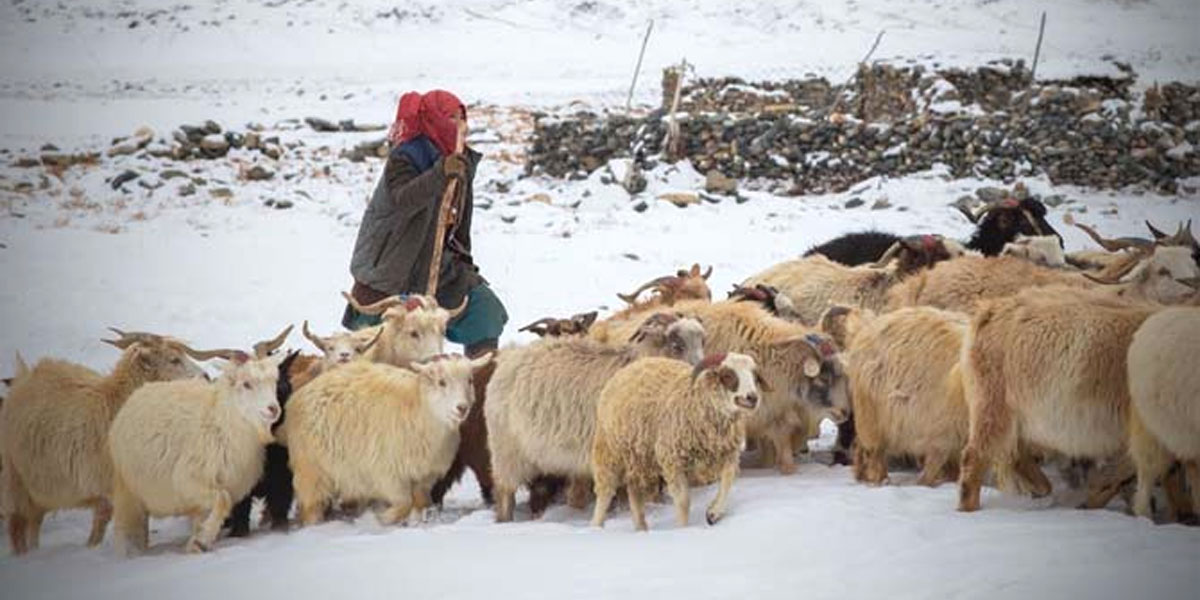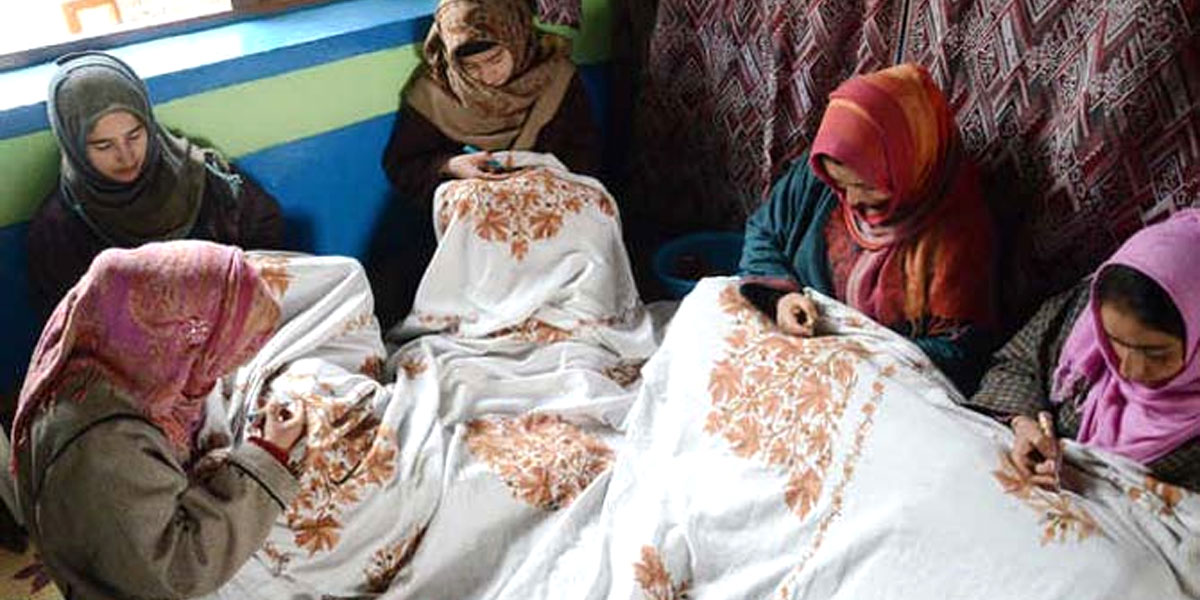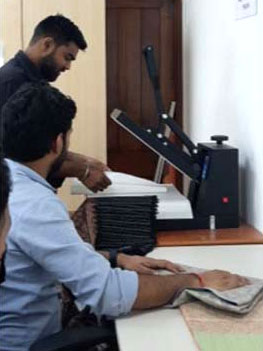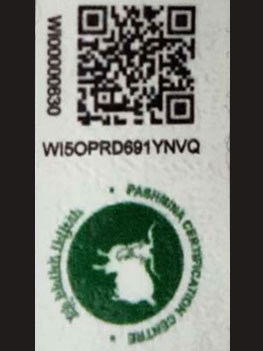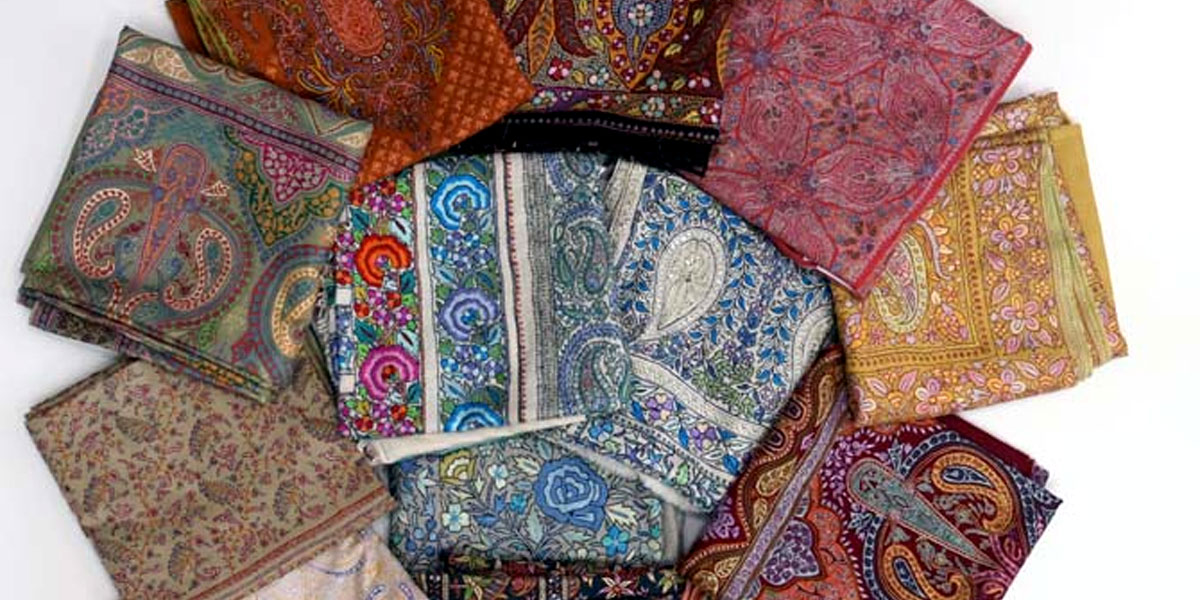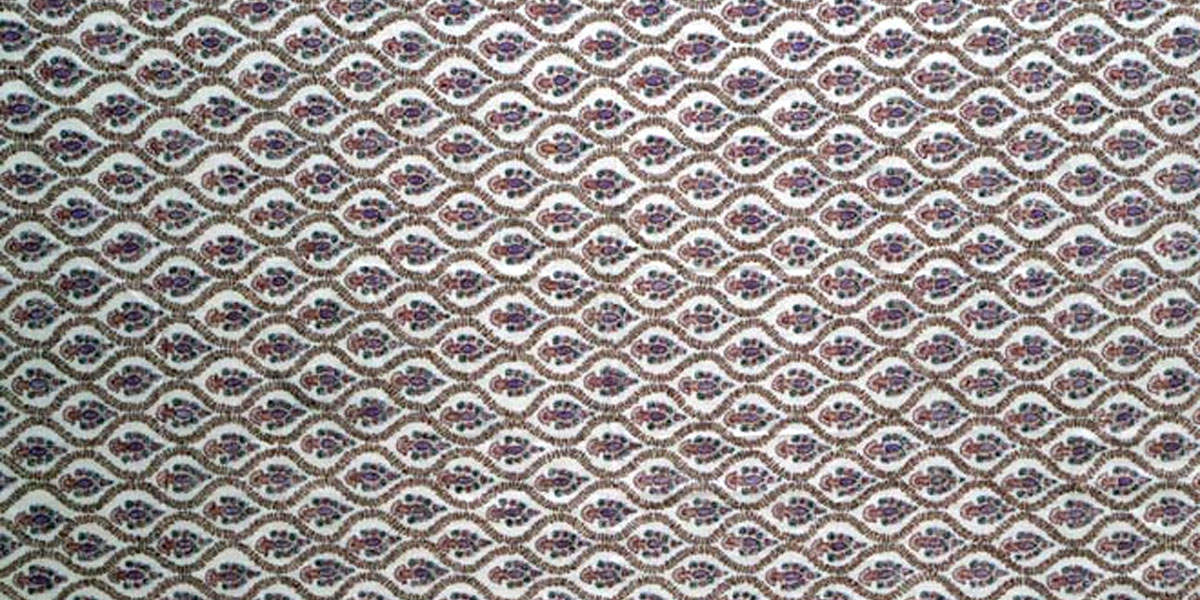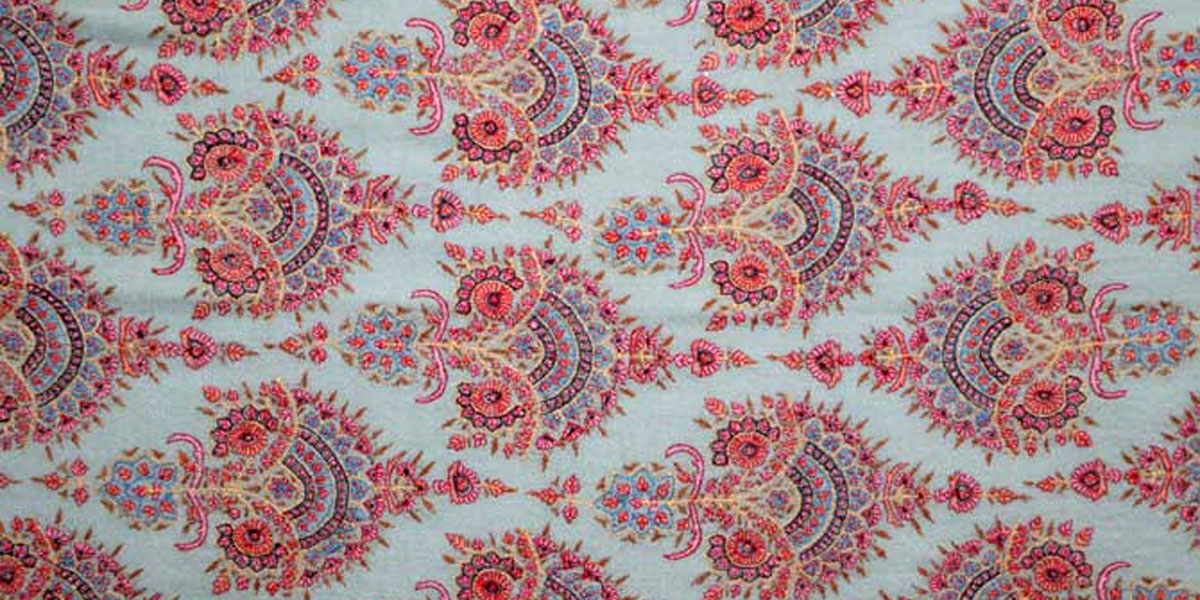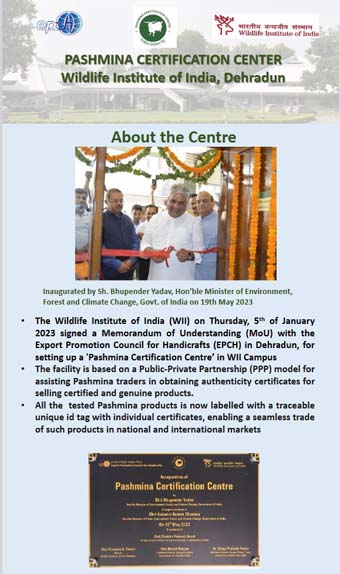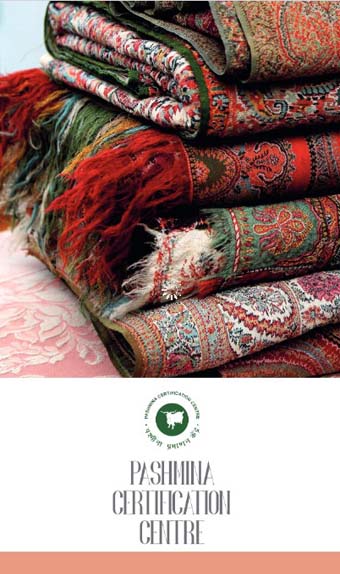The Wildlife Institute of India (WII) on Thursday, 05th of January 2023 signed a Memorandum of Understanding (MoU) with the Export Promotion Council for Handicrafts (EPCH) in Dehradun, for setting up a 'Pashmina Certification Centre' in WII Campus. The facility is based on a Public-Private Partnership (PPP) model for assisting Pashmina traders in obtaining authenticity certificates for selling certified and genuine products.
All the tested Pashmina products is now labelled with a traceable unique id tag with individual certificates, enabling a seamless trade of such products in national and international markets.

Inauguration of PCC on 19th May 2023 by Sh. Bhupender Yadav,
Honorable Minister of Environment, Forest and Climate Change, Government of India
Background
Wool fiber is being used by humans for the manufacture of clothing and other textile materials for warmth, fashion/luxury, etc. The wool commonly available usually comes from the different breeds of sheep, however, large quantities of other natural animal fibers i.e. from goats and camelids, are also found in clothing and textile material, sometimes used alone or in combination with other wool. Pashmina or Cashmere, is the downy winter fleece of Asiatic mountain goats of various breeds (Millar, 1986) considered as one of the finest and softest animal fibers known to the textile industry (Watkins and Buxton, 1992; Frank, 2001; McGregor, 2001; Ross, 2005). The animal fiber from mountain goats is considered as special hair fibers for apparel products and is highly demanded for its superfluous beauty, soft texture, resilience, luster, and artisan's craft used for apparel products.
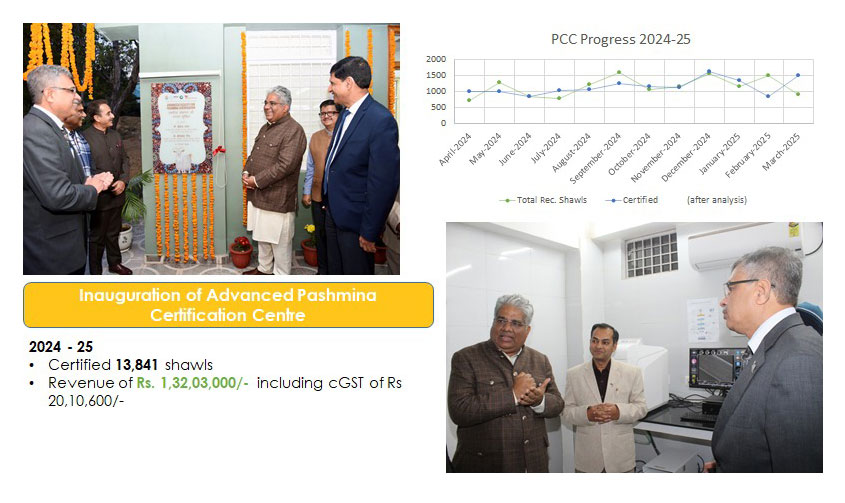
Inauguration of Advanced Pashmina Certification Centre
Pashmina Goat
Pashmina goats have been herded for centuries by nomadic pastoralists in the freezing, arid climate of the trans- Himalayan region for harvesting very fine Pashmina goat fiber also known as cashmere as an important source of income.
Why Pashmina Certification ?
With the increase in manufacturing cost of Pashmina/Cashmere products, pressure on the cashmere textile market is increasing to reduce the manufacturing cost by adulteration of a variety of cheap natural, including the substitution of non-cashmere fibers or chemically treated coarser animal fibers (sheep wool) and synthetic fibers.
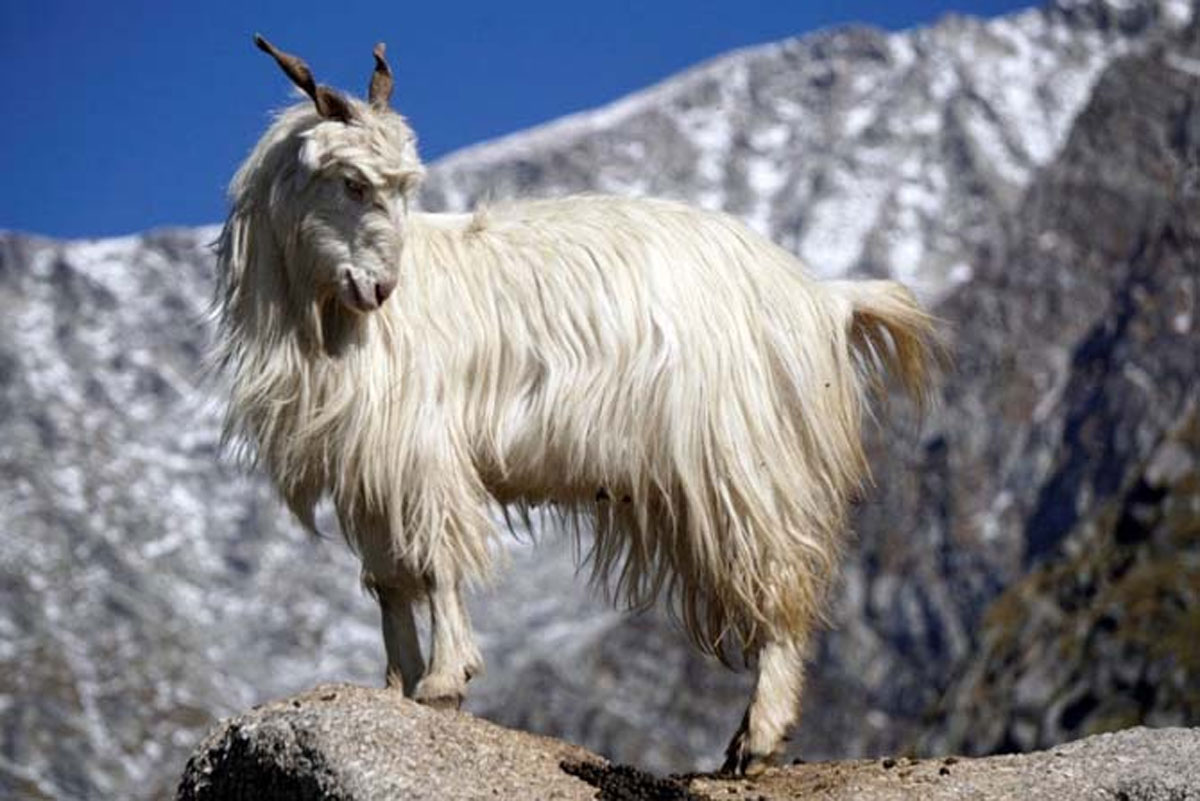
Mis-declaration of Prohibited fibers as Pashmina/cashmere to mislead the enforcement agencies during transnational trade, resulting in financial losses and legal scrutiny for traders and denting the brand name. In order to support the Pashmina product manufacturers, artisan's, and traders and to promote seamless export from India, a facility specifically for certification of "Pashmina products" is established at the Wildlife Institute of India (WII), as "Pashmina Certification Centre (PCC)" under an MoU between WII and Export Promotion Council for Handicrafts (EPCH).
The aim for certification is to provide quality Certification not only for the Purity of Pashmina Products" but also to certify that the product is devoid of any prohibited fiber or for hassle-free movement of Pashmina products from India. This certification will help buyers to buy certified Pashmina Products and will also discourage the use of prohibited fiber thereby resulting in the conservation of Chiru in their habitat.
